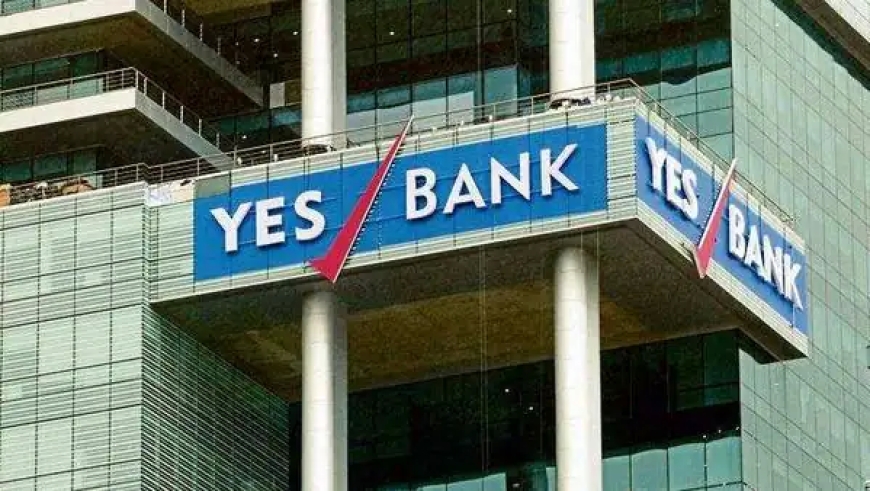Yes Bank’s $5 Billion Stake Said to Attract Lenders From the Middle East, Japan
First Abu Dhabi Bank PJSC is among potential suitors for a roughly $5 billion stake in India’s Yes Bank Ltd, according to Bloomberg.The Middle Eastern lender is weighing a bid for as much as a 51% stake in YES Bank, the people said, asking not to be identified as the deliberations are private.

The share sale has also sparked early interest from Japan, including Mitsubishi UFJ Financial Group Inc. and Sumitomo Mitsui Financial Group Inc. However, it is unclear how strong their hunger for a deal is or whether they will proceed, according to the sources.
Yes Bank shares rose as much as 8.5% on Thursday, the largest intraday gain in over a week. The stock has risen around 25% this year, giving the Mumbai-based lender a market value of $10 billion. Yes Bank shares have gained 16% this year, valuing the Mumbai-based lender at about $9.4 billion.
Interest Key Factors
Strategic Significance:
Yes Bank, one of India's prominent private sector banks, is seen as a key player in the Indian banking industry. The interest from international lenders indicates the bank's strong market position and future growth prospects.
Potential Investors:
Middle Eastern Lenders: Financial institutions from the Middle East are known for their robust investment portfolios and have shown interest in diversifying their assets globally. These investors are attracted by India's large and growing economy.
Japanese Lenders: Japanese banks and financial firms have a history of investing in international markets. Their interest in Yes Bank aligns with their strategy to seek growth opportunities in emerging markets like India.
Purpose of the Stake Sale:
The $5 billion stake sale is part of Yes Bank's strategy to strengthen its capital base, improve its financial health, and support its expansion plans. The bank aims to enhance its lending capacity, invest in technology, and expand its service offerings.
Benefits for Yes Bank:
Capital Infusion: The funds raised will bolster Yes Bank's capital adequacy, enabling it to meet regulatory requirements and support future growth.
Global Expertise: Involvement from international lenders can bring in global best practices, expertise in risk management, and innovative financial products.
Enhanced Credibility: Attracting reputed global lenders will enhance Yes Bank's credibility and investor confidence.
Impact on the Indian Banking Sector:
The successful stake sale could set a precedent for other Indian banks looking to attract foreign investment. It underscores the attractiveness of the Indian banking sector to international investors.
Regulatory and Market Considerations:
The transaction will be subject to regulatory approvals from Indian authorities, including the Reserve Bank of India (RBI). The market will be closely watching the developments, as the stake sale could influence Yes Bank's stock performance and overall market sentiment.
Conclusion:
Yes Bank's $5 billion stake sale is a significant development in the Indian banking sector, drawing interest from major international lenders from the Middle East and Japan. This move is poised to strengthen Yes Bank's financial position, bring in global expertise, and enhance its market credibility. The successful completion of this stake sale could have positive implications for the broader Indian financial market, attracting more foreign investment and fostering a more robust and competitive banking environment.

 LD Web Desk
LD Web Desk 